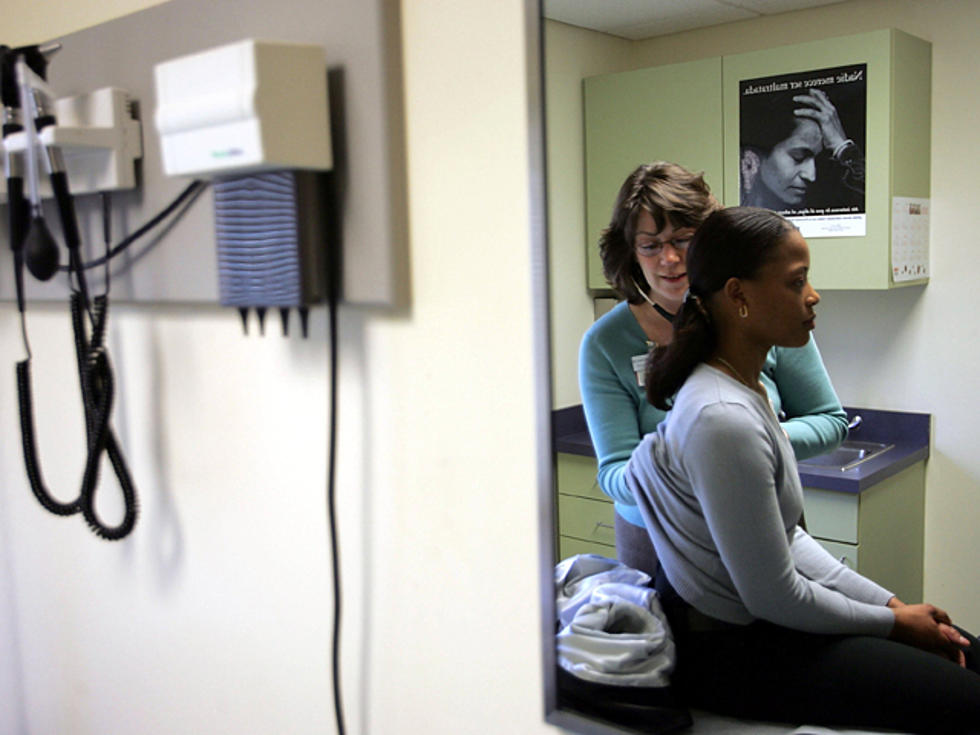
Study: Going to the Doctor with Older Loved Ones Could Improve Care
Older aged patients that have a family member accompany them to their doctor visits, can actually improve the quality of their medical care, according to researchers at John Hopkins Bloomberg School of Public Health.
Researchers analyzed data from a nationwide survey of people on Medicare, aged 65 years or older, on the impact of socio-demographic characteristics, health status, and physical function in regard to consistent visits to their doctor. They also studied the activities of family companions during medical visits.
“Our study documents that the patient-provider relationship often includes a consistently present and actively engaged family member. The work suggests that quality of care improvements may result from more productive communication and education that targets both patients and their companions,” said lead study author Dr. Jennifer L. Wolff, associate professor with the Bloomberg School’s Department of Health Policy and Management, in a statement.
The results of their study was published in the current issue of the Journal of the American Geriatrics Society.
Results showed that 75 percent of the 9.5 million older adults that attended routine doctor visits were accompanied by a family companion. Over 87.9 percent of the older adult patients who were continually accompanied over time, were also accompanied to physician visits by the same companion.
Results also showed that patients who are older, less education and diagnosed with multiple chronic conditions were more apt to be accompanied again one year later.
Almost 35.5 percent of accompanied Medicare patients were physically disabled and received assistance with daily activities from their family companion. Companions of these patients were more active during doctor visits, asking questions, then relating the information back to the patient.
“Initiatives to improve older adults quality of chronic illness care have typically focused on improving health care professional and patient competencies, and have ignored the fact that Medicare beneficiaries often manage their health conditions and attend routine physician visits with a family member, predominantly a spouse or an adult child,” said Wolff.
“Results from this study may help inform health reform initiatives that seek to improve care quality and lower costs, such as the Patent Centered Medical Home,” he concluded.
More From WFNT






